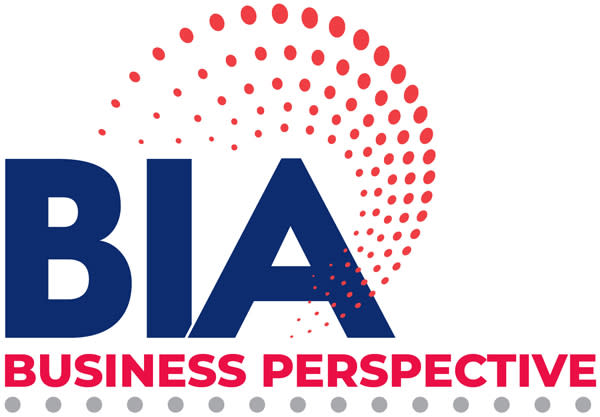Business Perspective: Now is the time to act on housing in NH

Business Perspective: Now is the time to act on housing in NH
BIA leading coalition to back legislative policy changes
New Hampshire’s economy depends on a dynamic and skilled workforce, yet businesses in virtually every industry struggle to recruit and retain the talent needed to propel them forward. Gov. Kelly Ayotte said it well in her inaugural address last month: “If we’re going to remain the economic beacon of New England, we need to start by tackling our housing crisis. This is about our now and our future.”
Housing prices are up 59% over the past four years, fourth highest among the states, and the median price of a single-family home is over $530,000. Chronic restrictions on residential building the past two decades created an imbalance so great that even those who can afford record prices are challenged to find a home in a competitive market with little inventory.
The Business & Industry Association, New Hampshire’s statewide chamber of commerce and state affiliate of the National Association of Manufacturers, has worked for years to promote the economic importance of housing and support legislation to allow the market to balance supply and demand.
We are at a critical point as 27% of New Hampshire’s workforce is age 55 or older, highest among the states. Last fall’s BIA Business Leader Survey showed 86% of respondents cited affordable housing as their most pressing policy issue and 75% said the worker shortage is keeping them from expanding operations. In a Granite State Poll last year, 36% of respondents identified housing costs as the state’s biggest issue — five times more than any other.
These data points led BIA to convene a group of like-minded organizations, the NH Realtors, NH Homebuilders and Housing Action NH, to form the N.H. Housing Supply Coalition for the 2025 legislative session, which presents an opportunity to enact bipartisan policies to meaningfully increase housing and affordability. The coalition’s goal is to inform and build support for specific housing-related bills among the nearly 50 before the House and Senate. There is no single solution, but passing the right bills can produce the most results. The coalition identified three key pillars to establish the “2025 Housing Supply Agenda.”
Land use reform: Reforming land-use policies is essential. States and communities enacting common-sense reforms have seen significant increases in housing availability and affordability while preserving their character. Action areas include strengthening the state law enabling accessory dwelling units (ADUs), and enabling smaller lot sizes, higher density and the development of single-family starter homes. Pending priority legislation includes:
HB 577: expands ADUs by right to include detached units, adds definitions related to the units and increases permissible maximum square footage.
HB 459/SB 84: These “Starter Home Acts” promote density by enabling homes to be more easily built on half-acre lots with public water and sewer service access, and 1.5-acre lots with well and septic.
HB 382: eliminates municipal authority to adopt or enforce regulations that mandate minimum parking requirements.
Regulatory and permitting reform: Stable, efficient and timely permitting and regulatory processes reduce development time and costs while increasing the opportunity for greater density and supply. Action areas include streamlining review and permitting processes and approval deadlines. Priority legislation includes:
SB 78: removes zoning board of adjustment discretion for determining when to take an appeal and replaces it with a non-discretionary 30-day period.
SB 283: eliminates basements from height and size calculations, making it possible to increase livable space under existing zoning ordinances.
Program and funding support: Increased or stable funding for programs is proven to provide additional housing at affordable prices. A top policy action is increasing annual funding of the state’s Affordable Housing Fund through real estate transfer tax revenues to better support workforce housing development. Another is supporting the Housing Champion Designation and Grant Program, which incentivizes municipal cooperation and private investment in housing development through funding opportunities for planning, production and new infrastructure. Priority legislation includes:
SB 81/HB 350: doubles annual real estate transfer tax revenues transferred to the affordable housing fund from $5 million to $10 million.
SB 279: establishes a business loan program with appropriations to the Department of Business and Economic Affairs and Business Finance Authority to encourage growth and job creation in communities holding a Housing Champion designation.
The Housing Supply Coalition dovetails with BIA’s Blueprint NH 2030, a data-driven assessment of the competitiveness of New Hampshire’s business climate and long-range vision for our economy. Blueprint N.H. 2030, which we will publish next month, identifies a balanced housing market as a key to sustained economic success. BIA and our partners are dedicated to working with lawmakers and the public because now truly is the time for impactful action on housing.
Michael Skelton is president and CEO of the Business & Industry Association. Visit BIAofNH.com.
Additional Info
Media Contact : Rick Fabrizio, rfabrizio@biaofnh.com
